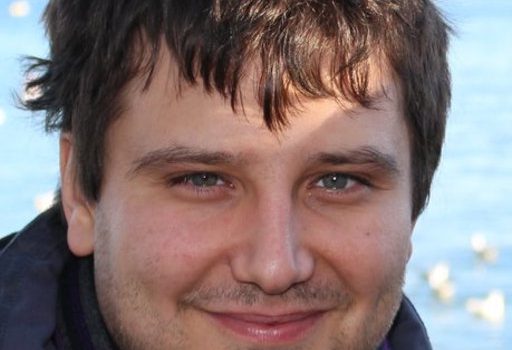
Title
Heavy tailed distributions characterisations and examples of applications in channel modeling
Speaker
Associate Professor Nourddine Azzaoui
Date
16th March 2018
Time/Place
14h00 in TD-C.
Abstract
Currently, we are witnessing the proliferation of wireless sensor networks and the superposition of several communicating objects which have an heterogeneous nature. The advent of Internet of Things networks as well as the increasing demand for improved quality and services will increase the complexity of communications and puts a strain on current techniques and models. Indeed, they must firstly adapt to the temporal and spatial evolution and secondly, they must take into account the rare and unpredictable events that can have disastrous consequences for decision-making. This talk provides an overview of the various spectral techniques used in litterature describe a communication channel having an impulsive behavior. This is mainly motivated by the historical success of interactions between probabilities, statistics and the world of communications, information theory and signal processing. The presentation will be divided into two parts: the first is devoted to the synthesis of various developments on alpha-stable variables and processes in a purely mathematical mind. The second part will be devoted to applications in the context of communications. The two sides will combine two fundamentally linked aspects: first, a theoretical approach, necessary for a good formalization of problems and identifying the best solutions. Secondly, the use of these models in real work of channel modelling.
